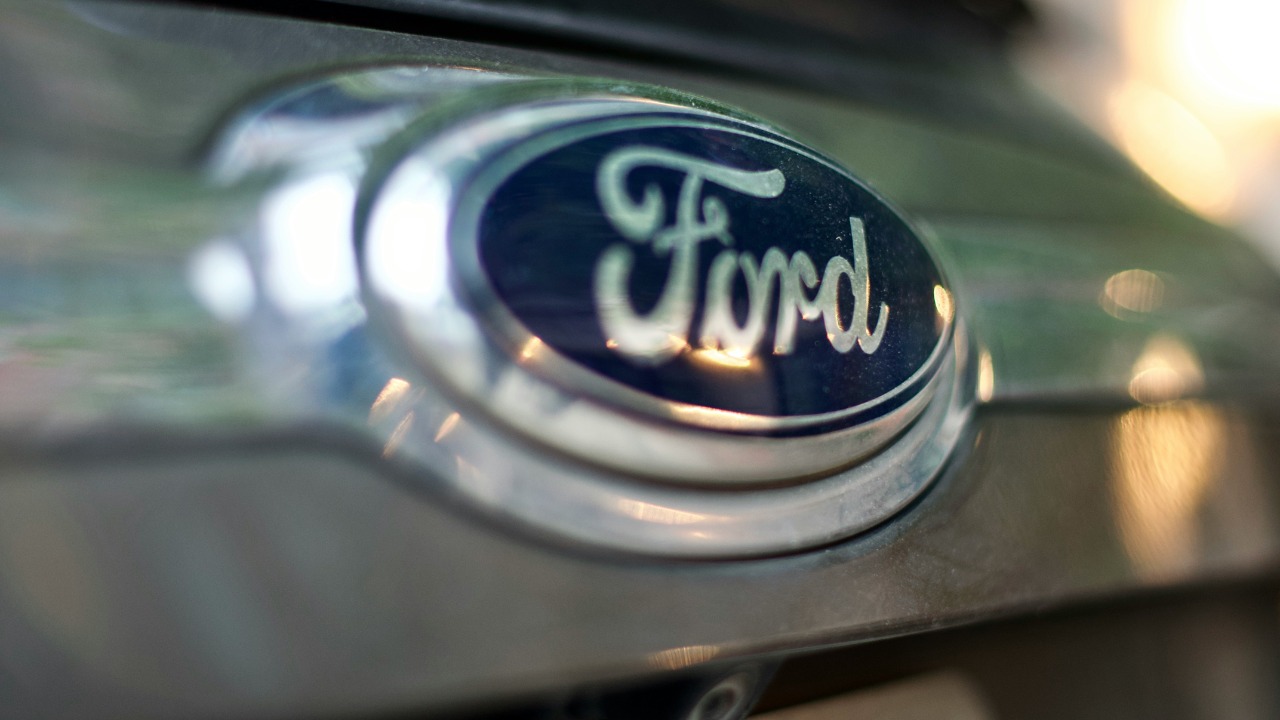
In recent years, several major automakers have faced legal challenges due to alleged steering defects in their vehicles. These lawsuits highlight concerns over vehicle safety and the responsibilities of manufacturers to ensure reliable steering mechanisms. Below, I delve into five automakers that have been sued over such issues, examining the details and implications of these cases.
General Motors
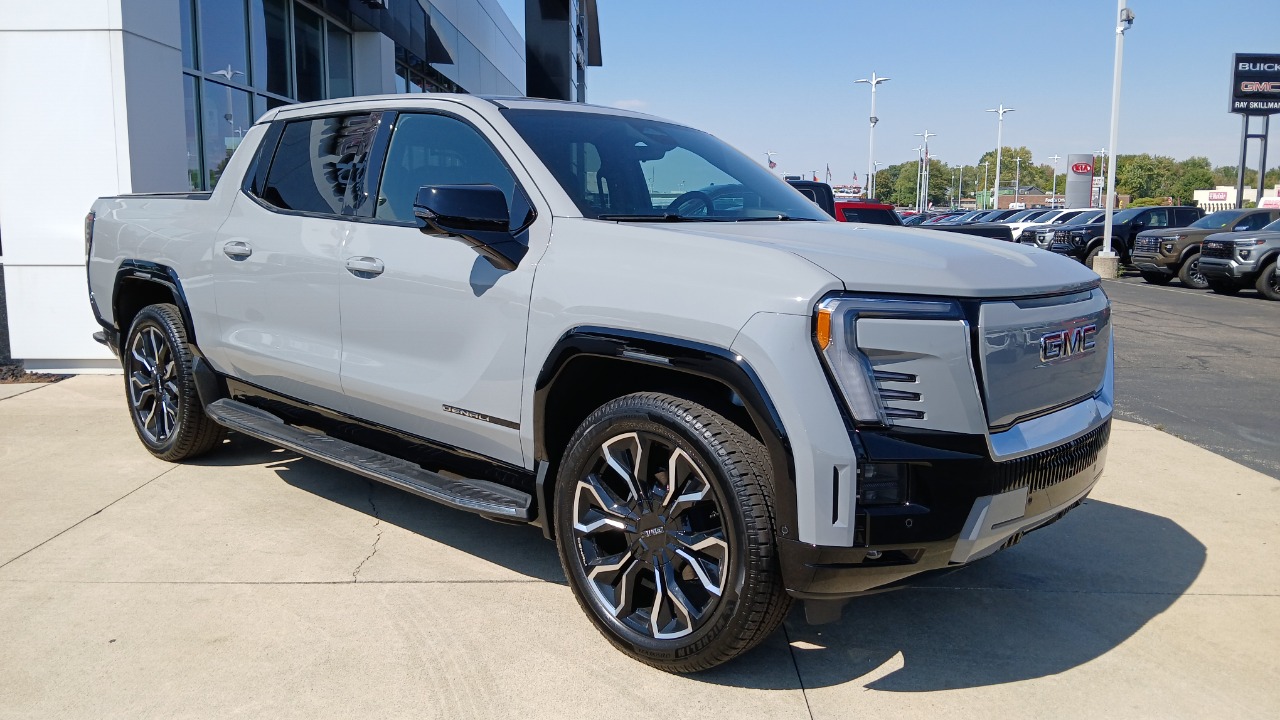
General Motors has been no stranger to legal scrutiny. In recent years, the company faced lawsuits alleging defects in its steering systems, particularly in models such as the Chevrolet Malibu and GMC Sierra. Plaintiffs claimed that the vehicles experienced unexpected loss of steering control, resulting in dangerous driving conditions. The repercussions of these allegations have led to recalls and a commitment from GM to enhance safety standards. For more on the broader context of such lawsuits, you can read about legal responsibilities of manufacturers.
Ford Motor Company
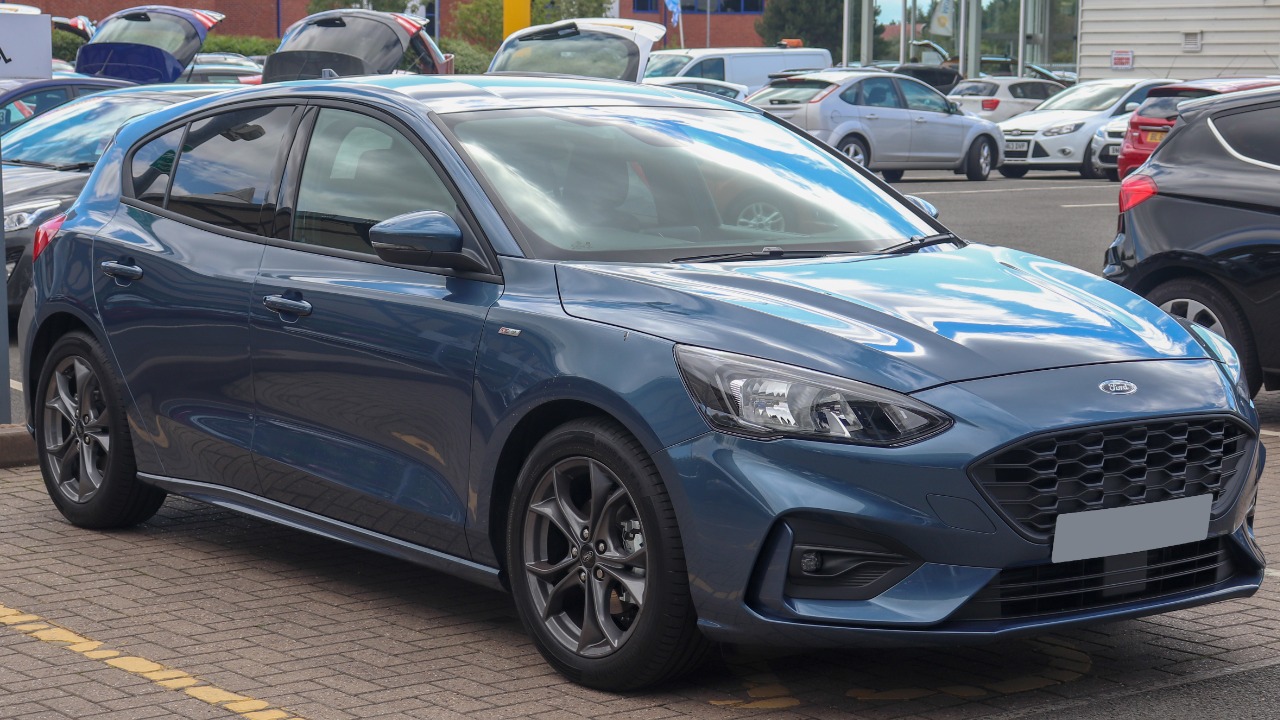
Ford Motor Company has also been embroiled in steering defect lawsuits. Models like the Ford Focus and Fusion were reportedly affected by steering issues that could lead to a loss of control. These claims have brought attention to the automaker’s quality control processes and have led to significant recalls to address the problems. Ford’s efforts to rectify these issues highlight the ongoing challenges automakers face in maintaining safety and trust among consumers.
To understand how such lawsuits impact the automotive industry, you might find insights in the Harvard Law Review.
Toyota Motor Corporation
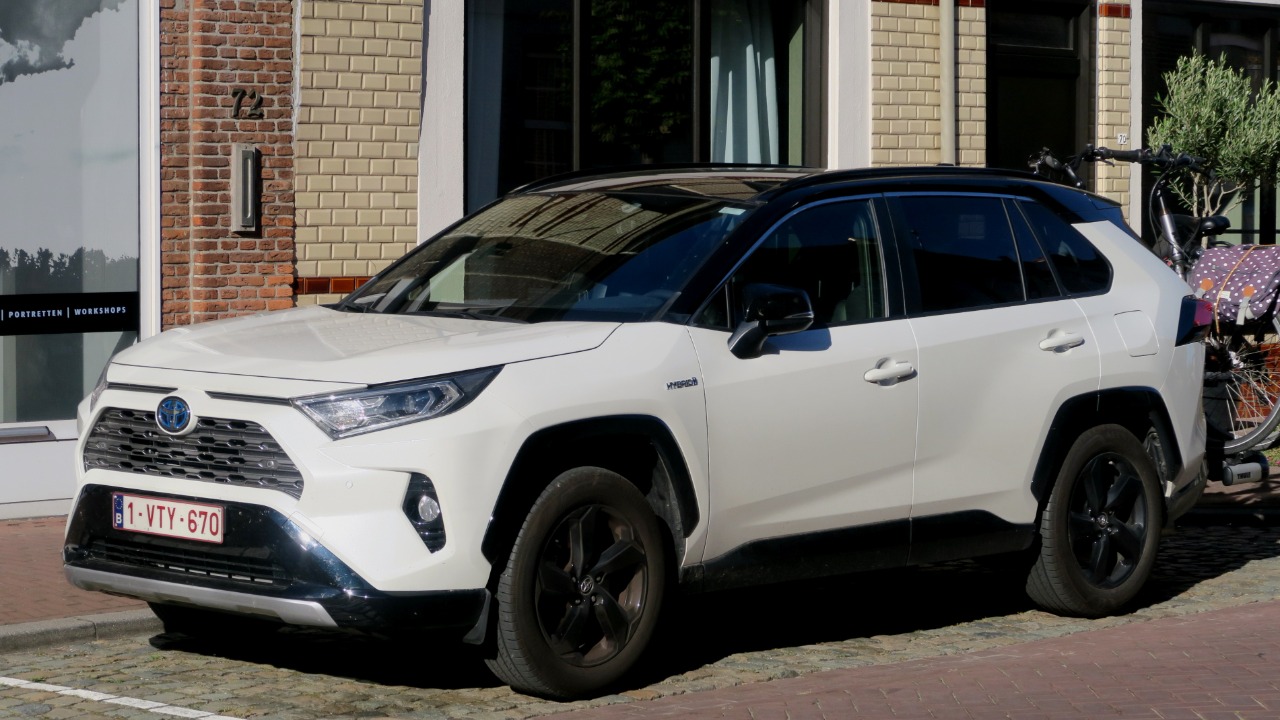
Toyota, a global leader in car manufacturing, has also been under scrutiny for alleged steering defects. Certain models, including the Toyota RAV4, were reportedly prone to steering malfunctions that could compromise driver safety. These issues prompted investigations and recalls, emphasizing Toyota’s responsibility to ensure their vehicles meet stringent safety standards. The lawsuits have driven Toyota to reinforce its commitment to reliability and customer satisfaction.
Hyundai Motor Company
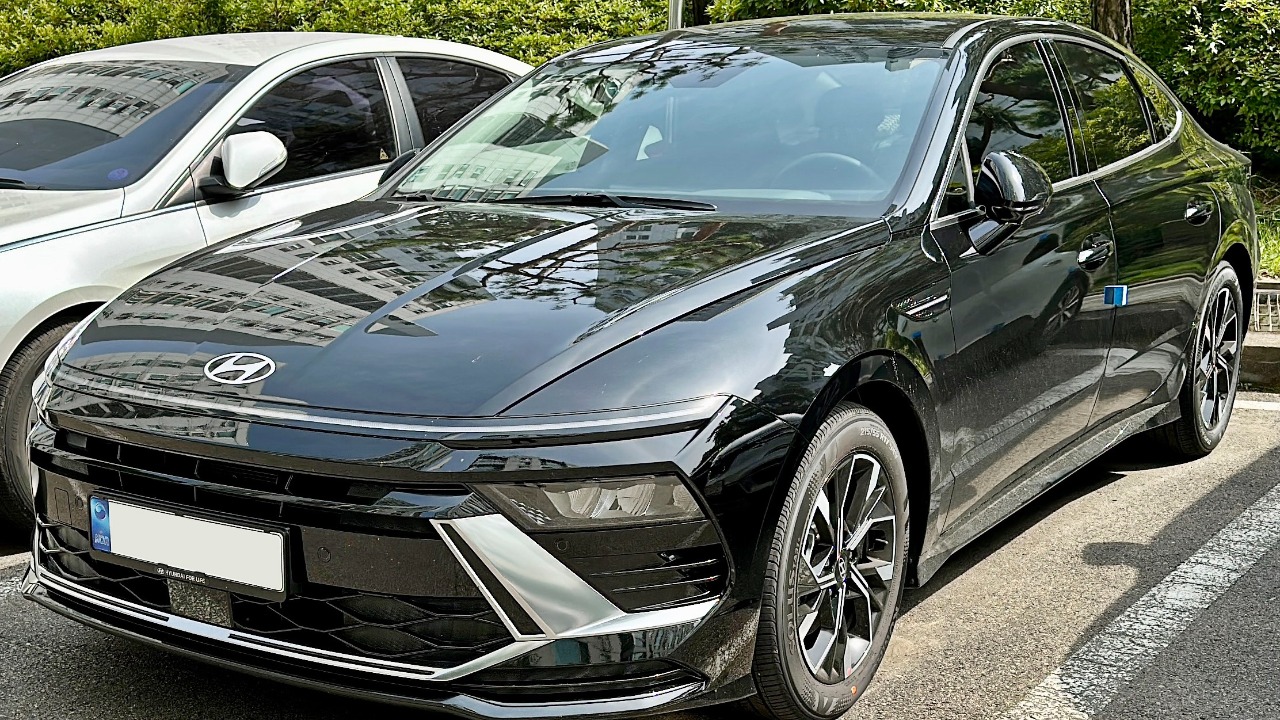
Hyundai has faced its share of legal battles due to steering issues in models such as the Hyundai Sonata. Allegations of steering lock-up and loss of control have led to class-action lawsuits and recalls. These cases have underscored the need for Hyundai to address potential defects proactively and uphold high safety standards. The impact of such legal challenges on consumer trust is significant, prompting Hyundai to take corrective measures.
For a similar case involving another automaker, you can read about Mazda’s steering defect recall.
Nissan Motor Co., Ltd.
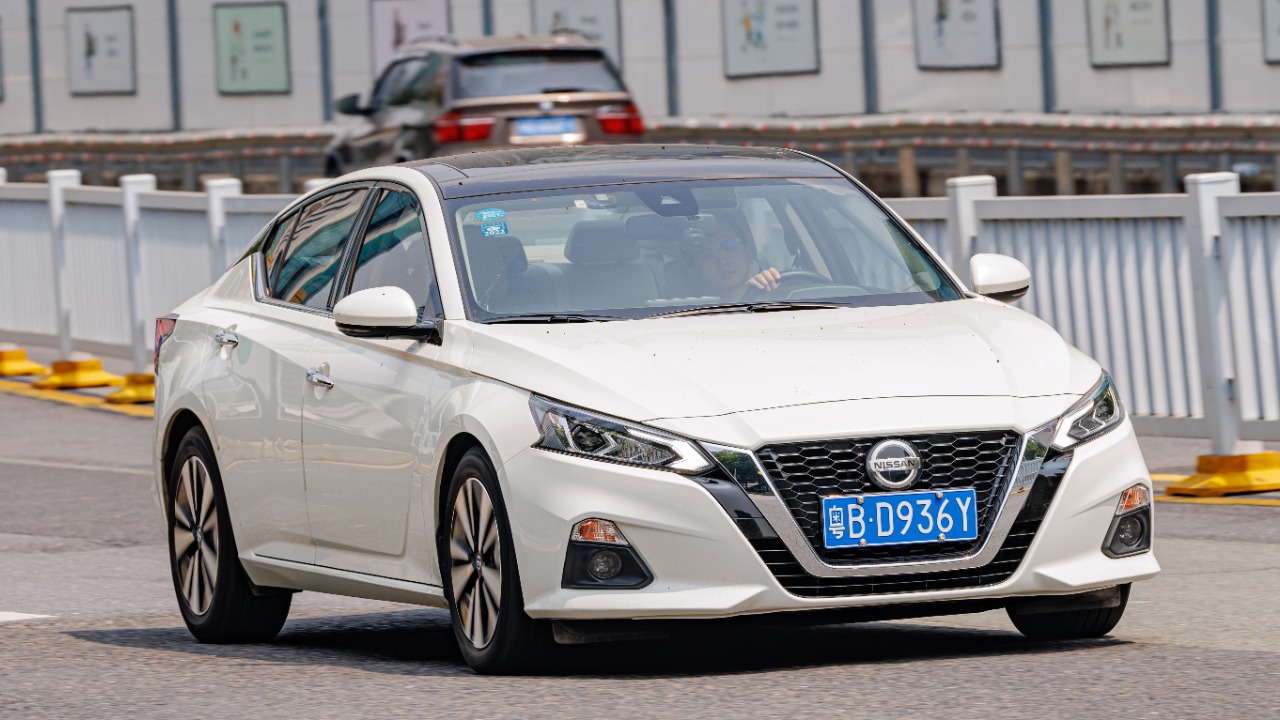
Nissan has been involved in lawsuits concerning steering defects, particularly in models like the Nissan Altima. Reports of steering wheel lock-up have led to legal actions and recalls to mitigate risks and assure vehicle safety. These lawsuits highlight the importance of rigorous testing and quality assurance processes in the automotive industry. As a result, Nissan has been urged to implement more stringent measures to prevent such issues in the future.
For more information on how steering issues have affected another automaker, check out an investigative report on Tesla.